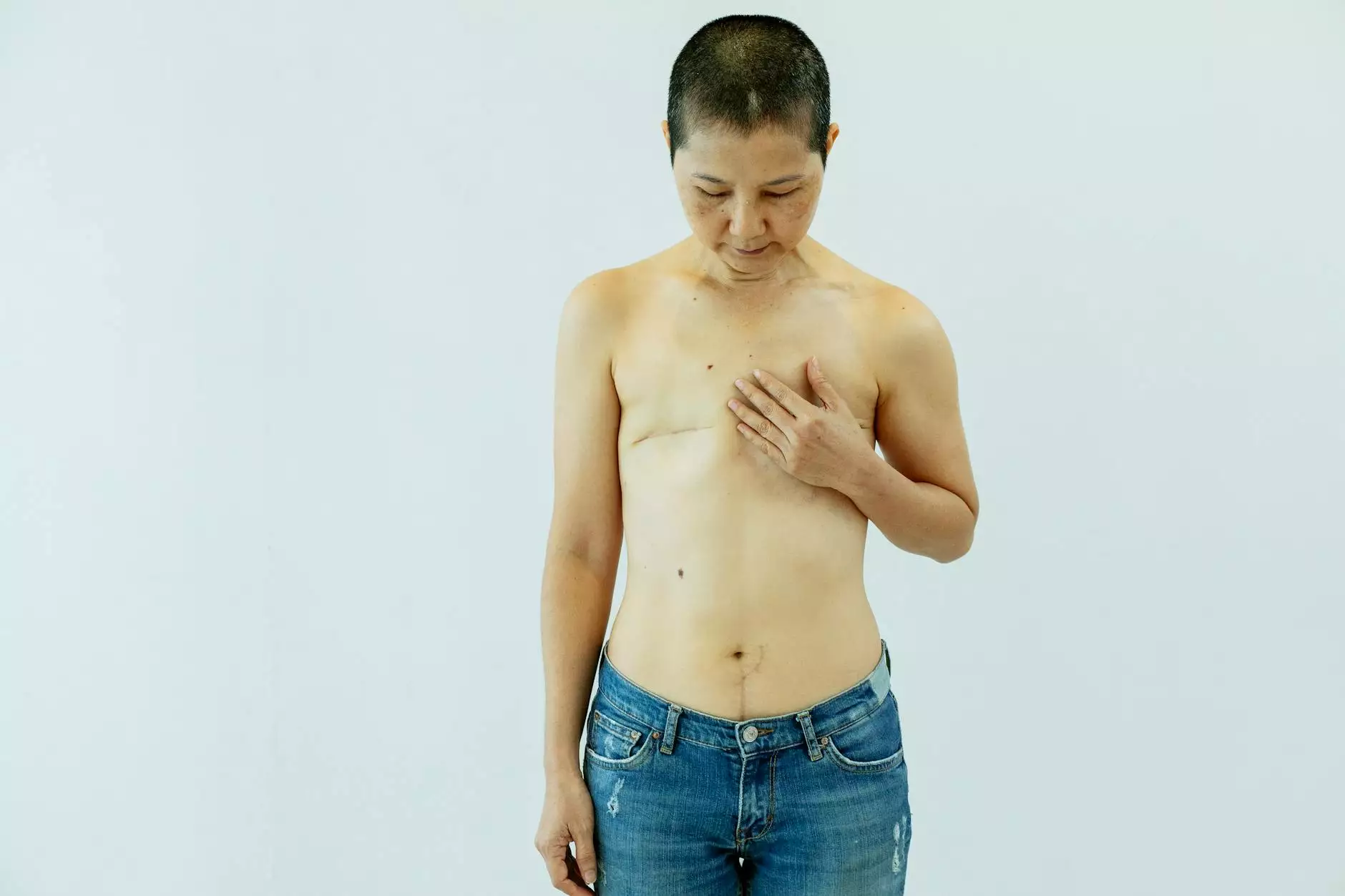Hysterectomy and Breast Cancer Risk - Exploring the Connection

Introduction
When it comes to women's health and wellness, the topic of hysterectomy and breast cancer risk has garnered significant attention in recent years. Hysterectomy, the surgical removal of the uterus, has been a common procedure performed for various reasons. Understanding its potential implications, particularly its association with breast cancer risk, is paramount for women considering or having undergone this procedure.
The Connection Between Hysterectomy and Breast Cancer Risk
Research studies have explored the relationship between hysterectomy and breast cancer risk, aiming to shed light on any potential association. Several factors have been investigated, including the type of hysterectomy, age at the time of the procedure, and the removal of ovaries during the surgery.
Type of Hysterectomy
Studies suggest that the association between hysterectomy and breast cancer risk may depend on whether the procedure involves the removal of both the uterus and the cervix (total hysterectomy) or only the uterus (partial hysterectomy). Current evidence indicates that a total hysterectomy may slightly increase the risk of developing breast cancer compared to a partial hysterectomy.
Age at Hysterectomy
Age at the time of hysterectomy may also affect breast cancer risk. Research indicates that women who undergo hysterectomy at a younger age (e.g., before menopause) may have a slightly higher risk of developing breast cancer. This correlation might be attributed to hormonal changes and longer exposure to estrogen without the protective effects of progesterone, which is no longer being produced after the removal of the uterus.
Ovary Removal and Breast Cancer Risk
In certain cases, hysterectomy involves the removal of the ovaries as well. This procedure, known as bilateral salpingo-oophorectomy, can impact breast cancer risk due to the hormonal changes it induces. Women who have had their ovaries removed may experience a decrease in estrogen levels, which in turn might reduce the overall risk of breast cancer. However, this protective effect might depend on factors such as age, hormonal status, and genetic predisposition.
Reducing Breast Cancer Risk After Hysterectomy
While the connection between hysterectomy and breast cancer risk is still being studied, it is crucial for women to prioritize their overall health and take proactive steps to reduce the risk of breast cancer. Here are some preventive measures recommended by healthcare professionals:
Regular Breast Self-Exams
All women, regardless of whether they have undergone hysterectomy, should perform regular breast self-exams to detect any potential changes or abnormalities. Awareness and early detection play a vital role in ensuring favorable outcomes.
Annual Clinical Breast Exams
Visit your healthcare provider for an annual clinical breast exam. A thorough examination by a trained professional can help identify any underlying concerns and address them promptly.
Mammograms and Other Imaging Tests
Follow your healthcare provider's recommended screening guidelines, which often include periodic mammograms or other imaging tests like breast ultrasound or MRI. These tests aid in detecting breast cancer at an early stage.
Maintaining a Healthy Lifestyle
Adopting a healthy lifestyle can greatly contribute to overall well-being and potentially reduce breast cancer risk. This includes regular exercise, a balanced diet rich in fruits and vegetables, limited alcohol consumption, and avoidance of smoking.
Regular Check-ups and Discussions with Your Doctor
Ensure you schedule regular check-ups with your healthcare provider and discuss any concerns or questions you may have. Open communication allows for personalized care and appropriate guidance based on your medical history and specific needs.
Conclusion
The connection between hysterectomy and breast cancer risk is a topic of ongoing research. While certain factors, such as the type of hysterectomy and age at the time of the procedure, may influence the risk slightly, it is essential to approach this information in context and consult with medical professionals for personalized advice. By prioritizing regular screening, adopting a healthy lifestyle, and maintaining open communication with your healthcare provider, you can empower yourself in making informed decisions about your health.



